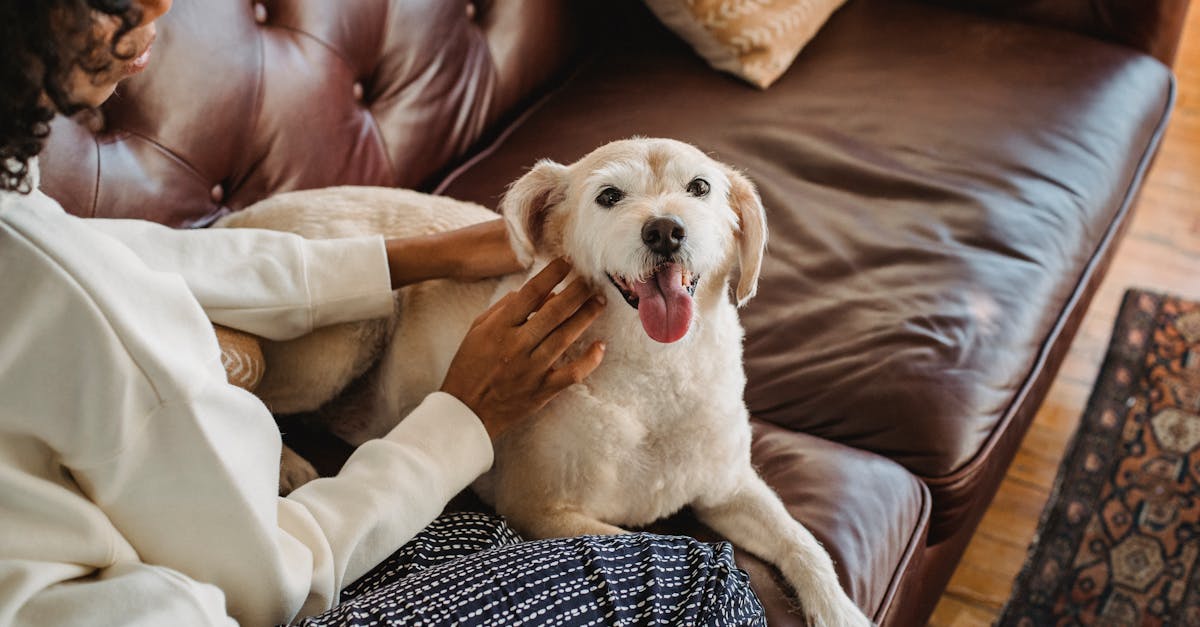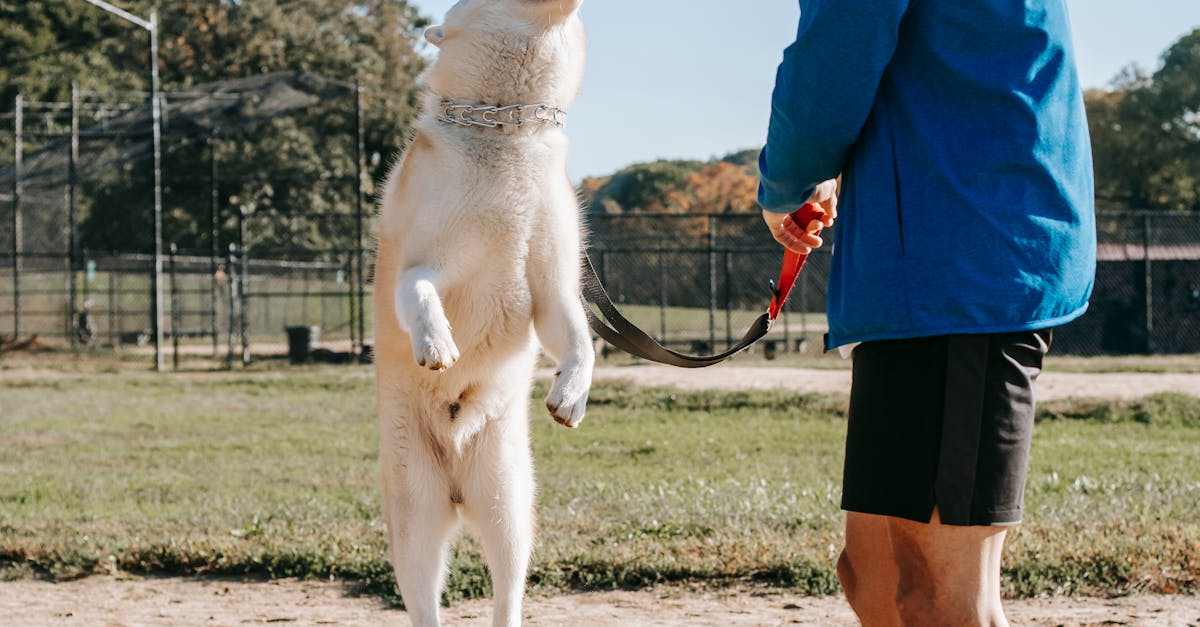Understanding the Howl: Why Dogs Do It
Picture this: you’re enjoying a peaceful evening at home when suddenly, your dog starts howling incessantly. It’s no surprise that this can be incredibly frustrating and disruptive. But before we dive into solutions, it’s essential to understand why dogs howl in the first place.
Howling is a natural form of communication for dogs. It reminds me of the way wolves communicate in the wild. Dogs may howl for various reasons, including:
- Attention-seeking: Dogs may howl to get your attention or to express loneliness.
- Anxiety: Separation anxiety can trigger howling when the dog is left alone.
- Medical Issues: Pain or discomfort might cause a dog to howl.
- Environmental Triggers: Sirens, alarms, or other loud noises can provoke howling.
I’ve come to realize that understanding the root cause of your dog’s howling is the first step towards addressing the issue effectively. Now you know why dogs howl, let’s explore some practical tips to manage and reduce this behavior.
Creating a Calm Environment
One of the most effective ways to reduce howling is by creating a calm and comfortable environment for your dog. If you’ve ever felt stressed or anxious, you can probably relate to how your dog feels in an unsettling environment. Here are some strategies to create a serene atmosphere:
Safe Space
Providing a designated safe space for your dog can make a significant difference. This might be a cozy corner with their favorite bed and toys. It’s safe to say that a comfortable space can help alleviate anxiety and reduce howling.
Background Noise
Sometimes, a little background noise can work wonders. Soft music or white noise can help drown out environmental triggers that might cause your dog to howl. Personally, I’ve found that classical music works particularly well for calming dogs.
Pheromone Diffusers
Pheromone diffusers release calming scents that can help reduce anxiety in dogs. These diffusers mimic the natural pheromones produced by nursing dogs, creating a sense of security. If you ask me, this is a simple yet effective way to create a calm environment.
Training and Behavioral Techniques
Training your dog to stop howling can be a game-changer. It’s interesting how consistent training and positive reinforcement can modify your dog’s behavior over time.
Positive Reinforcement
Rewarding your dog for not howling can reinforce the desired behavior. Treats, praise, or a favorite toy can serve as rewards. I’ve often wondered how powerful positive reinforcement can be, and it goes to show that dogs respond well to it.
Desensitization
Desensitizing your dog to triggers that cause howling can be effective. Gradually expose your dog to the trigger in a controlled manner, rewarding them for remaining calm. Over time, your dog will learn that the trigger is not a cause for alarm.
Obedience Training
Basic obedience training can also help. Commands like “quiet” or “settle” can be taught using positive reinforcement. Consistency is key here, and speaking from experience, it can take time, but the results are worth it.
Addressing Anxiety and Medical Issues
If your dog’s howling is due to anxiety or medical issues, addressing the root cause is crucial. I’ve learned that sometimes howling is a symptom of a more significant problem.
Separation Anxiety
Separation anxiety is a common cause of howling. Gradual desensitization to being alone, combined with positive reinforcement, can help. In severe cases, consulting a professional dog trainer or behaviorist might be necessary.
Medical Check-Up
If you suspect that your dog’s howling is due to pain or discomfort, a visit to the vet is essential. What’s surprising is how often underlying medical issues can go unnoticed. Regular check-ups can help identify and address these problems early.
Engaging and Exercising Your Dog
A tired dog is a happy dog. Ensuring your dog gets enough physical and mental stimulation can significantly reduce howling. Here’s a quick story: I once had a dog that would howl non-stop until I increased his exercise routine. It hit me that he was simply bored and needed more activity.
Physical Exercise
Daily walks, playtime, and interactive toys can keep your dog physically active. If you’re like me, you’ll enjoy the bonding time with your furry friend while also reducing unwanted behaviors.
Mental Stimulation
Puzzle toys, training sessions, and interactive games can provide mental stimulation. I’ve often thought about how important mental exercise is for dogs. It’s funny how a simple puzzle toy can keep them engaged for hours.
Seeking Professional Help
Sometimes, despite your best efforts, you might need professional help. If your dog’s howling persists, consulting a dog trainer or behaviorist can provide tailored solutions.
Professional Training
Professional trainers can offer specialized training programs to address howling. They can identify specific triggers and design a training plan that suits your dog’s needs.
Veterinary Behaviorists
In some cases, a veterinary behaviorist might be necessary. They can prescribe medication if anxiety is severe and provide a comprehensive treatment plan.
The Road to Peace and Quiet
In my opinion, addressing your dog’s howling requires a combination of understanding, training, and creating a calming environment. Looking back, I’ve learned that patience and consistency are key. It’s no surprise that with time and effort, you can significantly reduce your dog’s howling and enjoy a peaceful home.
Key Takeaways:
- Understand the Cause: Identify why your dog is howling.
- Create a Calm Environment: Provide a safe space, background noise, and consider pheromone diffusers.
- Training: Use positive reinforcement, desensitization, and basic obedience training.
- Address Underlying Issues: Check for anxiety or medical problems.
- Exercise and Engage: Ensure your dog gets enough physical and mental stimulation.
- Seek Professional Help: Consult a trainer or behaviorist if needed.
If you’ve ever struggled with a howling dog, you can probably relate to the frustration it brings. But with these effective tips, it’s safe to say that you’re well on your way to a quieter, happier home. Remember, patience and consistency are your best allies on this journey.











